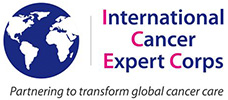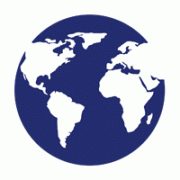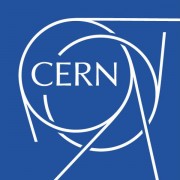Due to the associated nuclear security risks of cobalt-60 and cesium-137 isotopic teletherapy machines to treat cancer patients in developing countries, the effort to reduce the number of such machines has spurred innovation in the design of linear accelerators. A new article in WIRED, “Mini particle accelerators make cancer treatment safer for everyone,” highlights the dangers of these radioactive materials and the current challenges in using linear accelerators to deliver radiotherapy in lower-resourced countries and other challenging environments. The International Cancer Expert Corps, in concert with world renowned physicists, engineers, scientists and others, is leading the effort to design and develop an innovative linear accelerator to address this issue to improve access to, and the quality of, cancer care globally.
Read the article



